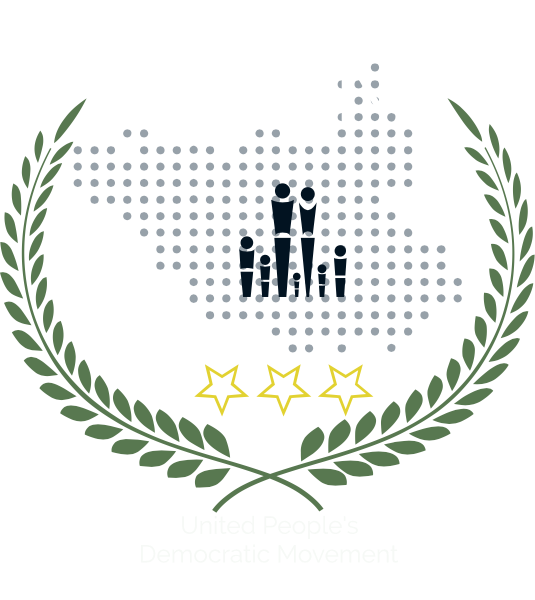In a special investigation, Simona Foltyn and the Mail & Guardian reveal how nearly $1-billion of South Sudan’s foreign reserves cannot be adequately accounted for.
Leaked audit report shows how family and friends of top government officials benefited from letters of credit scam.
In order to address the country’s acute shortage of hard currency, the Bank of South Sudan earmarked $993-million in oil revenues between 2012 and 2015 to import vital goods like medicine and food. Ministries allocated the hard currency to selected traders at a preferential exchange rate through letters of credit (LCs), a documentary credit facility commonly used to facilitate international trade.
This is only the latest in a series of corruption scandals in a country whose birth in 2011 was greeted with international adulation and generous financial support.
But instead of helping South Sudan’s impoverished population, the LCs became one of the biggest corruption scandals in South Sudan’s short but troubled history, a Mail & Guardianinvestigation has found. Rather than using the lifeline to import badly needed goods like grains and medicine, many of those involved exploited it as a means to buy scarce oil dollars at a highly discounted exchange rate and resell them on the black market, potentially generating hundreds of millions of dollars in profit.
